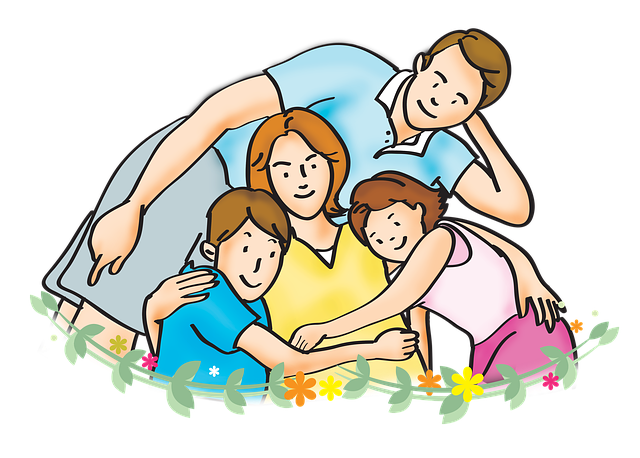Let’s be real.
This is, in the true sense of the word, unprecedented.
We’re all a little anxious. We all know people who are in the higher-risk category. Many of us are facing a good bit of financial difficulty. And we wonder what’s in store for our kids.
Shepherding our children through these remarkable times is a bit of a balancing act. We can’t shield them from what’s going on – even the youngest kids recognize that something strange is going on. But we also shouldn’t expose them to the daily news we’ve all been consuming too much of, which shares scary pronouncements about death rates and dire predictions for what’s to come.
So how do we talk about the coronavirus situation with our kids?
1. Be Truthful
Don’t minimize or sugarcoat the situation, but don’t exaggerate, either. The situation is what it is, and pretending it’s not a real problem or forecasting the end of the world are both departures from the current reality. People, including children, fare best when they are prepared for the reality, rather than some distorted version of it (in either direction).
Minimizing sounds like:
- It’s not that big a deal!
- It will probably go away soon!
- Everything is fine!
Exaggerating sounds like:
- We have to stay home as much as possible or someone could die!
- Society as we know it is coming to an end!
Stick with honest and accurate information. “There is a disease going around, called COVID-19. It is very contagious, which is why we must all wash our hands frequently.” And so on.
If you don’t know the answer to something, you can say so. Tell your kids you’ll look into it and get back to them. Or let them know, truthfully, that nobody knows the answer to some of these questions and we’ll all have to wait and see.
2. Be Age-Appropriate
Being truthful, though, does not mean you need to tell every child every detail of the situation. Very young children don’t really understand what death is, let alone a death rate. You can let them know that there are germs going around that are making people very sick, and we are doing everything we can to make sure people stay healthy.
Older kids can understand that people will die from this. You can reassure them (truthfully – see point #1) that most people are not going to die from this, and that they and their parents are most likely not at great risk at this point. For kids who are sophisticated enough to understand the numbers, it might be helpful to share how many people are getting sick, how many people are dying, or really anything else they are interested to know.
Letting your kids ask questions is a great way to determine what is appropriate for their age. Answer them straightforwardly and honestly, again, without minimization or fanfare. For example:
Q: Are we going to die?
A: Probably not. Most people who aren’t old or sick won’t die from this disease.
Q: Are grandma and grandpa going to die?
A: Grandma and grandpa are much older, and they are at higher risk. We hope they are going to do everything they can to stay safe, including staying at home, washing their hands a lot, and avoiding too many people. There is no reason at this point to think they are going to die.
Q: When are we going back to school?
A: I don’t know. We are just going to have to wait and see what happens.
3. Be Calm
If you are calm, your kids will learn the same attitude. If you are freaking out, you can expect the same from them. (Or, worse, they will internalize their anxiety and not share it with you. That turns out poorly in the end.) It is well-established that the most powerful form of education is modeling. Your kids will take after you. If you tell them everything is okay but you are hyperventilating, what you say will be drowned out by what you aren’t saying.
This means you need to practice some self-care as well. It’s normal to be worried during these times. Make sure to find some time to keep yourself sane. Of course we are all overstretched on time right now, but if you go bonkers, you’re no help to your kids or anyone else. Find a way to build something into your schedule that will help you maintain your balance, whether it’s reading, yoga, scented bubble baths, jogging, playing music, pushups, meditation – whatever you need to make it through.
Let’s be real.
It’s a tough time for all of us. Your kids need to you show the way through. Take care of yourself, give them honest, accurate, and age-appropriate information. We’re going to get through this.
If you are experiencing anxiety, depression, or other emotional troubles due to the situation, let us know. We can help. We’re offering online sessions as well as in-person sessions with appropriate distancing.
.
Contact Us


